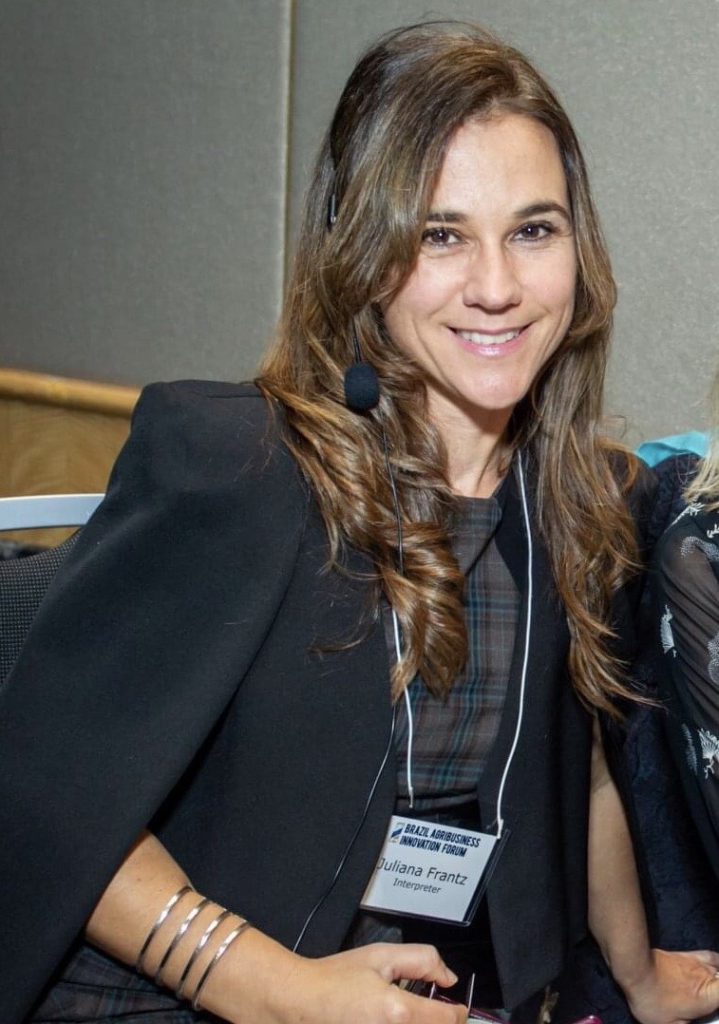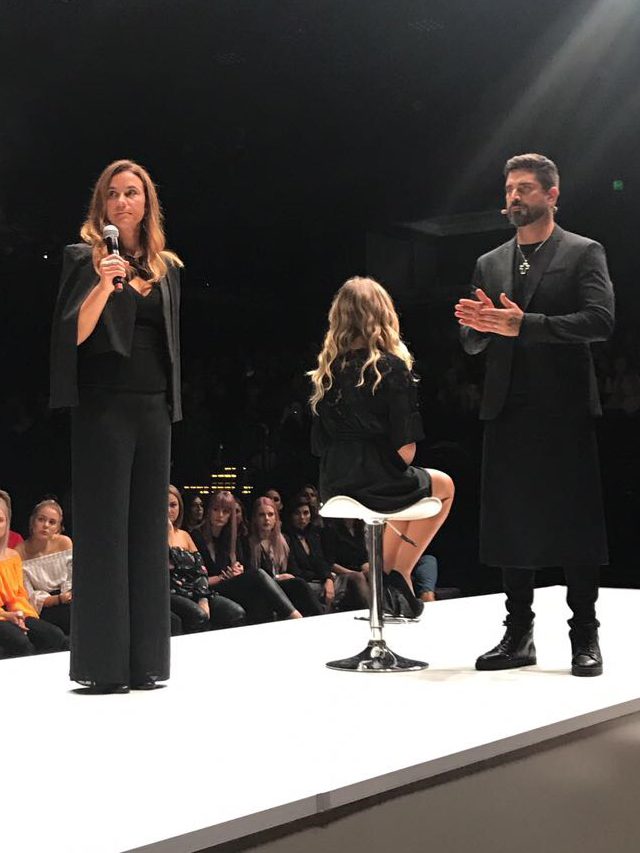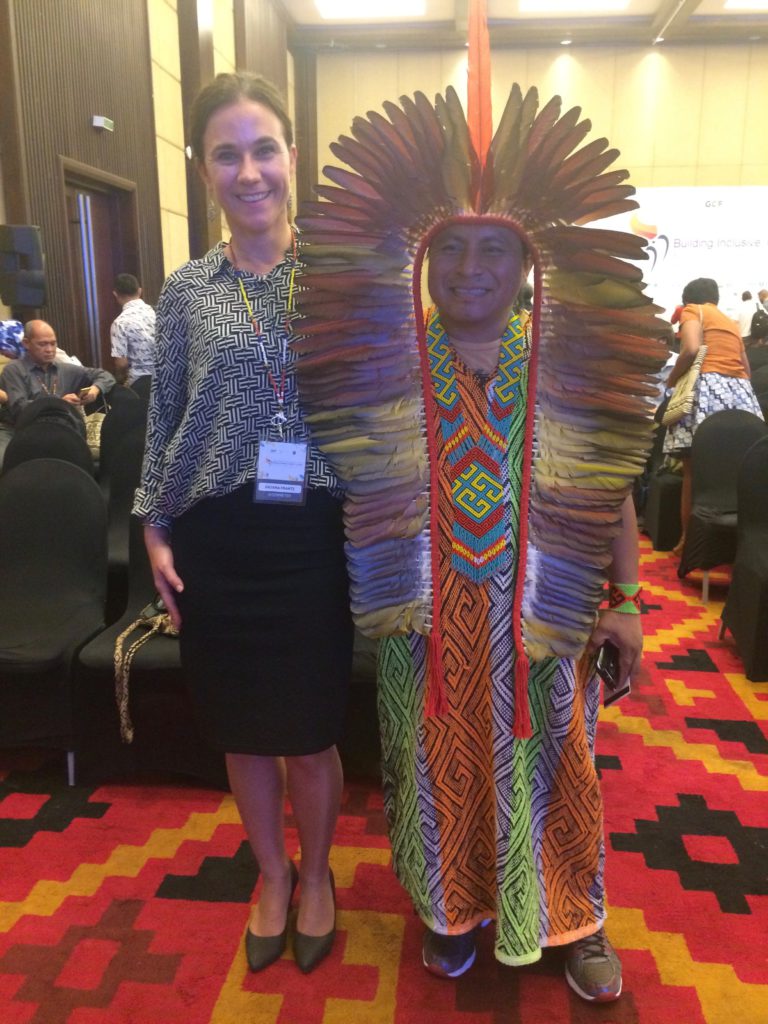My passion for travelling and curiosity for other cultures started very early in life. From the ages of 10 to 14, I was part of a dance group that performed in different towns in the southern region of Brazil almost every weekend. We travelled without our parents and were hosted by local families who opened their homes to us. I remember being deeply interested in their different lifestyles, accents and food. Little did I know that this was just the beginning of my travelling adventures.
By the age of 20 I had already lived in Chicago for one year, finishing high school as an exchange student; a year backpacking in Australia and living at Bondi Beach; three months working and surfing in Jeffreys Bay, South Africa; and five months travelling in Indonesia and other parts of Southeast Asia.

It is no surprise that when I returned home to Brazil to finish my university degree in economics I found it difficult to settle back in. I missed the freedom and excitement of travelling, and my previous career goals in finance and business didn’t make sense to me anymore. I did work placements in banks and companies, as well as working as an English teacher, but I felt unhappy and lost.
Luckily, this suddenly changed in 2001, when my hometown Porto Alegre hosted the first World Social Forum and thousands of international guests and speakers arrived from all over the world. I was offered a job as a translator and immediately accepted it, thinking nothing could go wrong. I was confident of my fluency in English and used to improvising. I was thrown into a booth, all by myself, shown how to operate the channels and left there to “translate”.
That was my first ever assignment as an interpreter, without even having heard the word “interpreter” before. I was young, brave and did the best I could – which was surely terrible by any standards – but they did not have enough experienced people to help out. After each day at the conference, I would prepare a basic glossary of the terminology I had struggled with and felt a little better “prepared” the next day. By the end of that week, I had interpreted live on radio, in front of international cameras and for the then candidate and now former president Lula. I was exhausted but thrilled. I had finally found my path. Or it had found me.
My only training resource was the TV, but the assignments kept on coming. One day I was interpreting for the renowned physicist Fritjof Capra speaking about his book ‘The Turning Point’ to an audience of thousands, and the next day interpreting for a company promoting implosive technology devices for fixing high voltage cables. I fell in love with the breadth and variety of the interpreter’s life and the diverse experiences it offered.
Preparing for assignments in the early 2000’s was more challenging than today, as technology wasn’t as available in Brazil at the time. I remember visiting an experienced interpreter whose walls were covered by books, encyclopaedias and dictionaries and being in awe of how much knowledge this woman had acquired through her interpreting career. I was hooked.

Having just finished my Bachelor of Economics, I understood competitive advantages and decided that before anything else, I needed to learn more languages. I moved to France and took up the Sorbonne’s French language and civilisation course. However, life in Paris took me on a different path and I was hired by a Spanish based international press organisation to supervise financial operations and negotiate contracts. The job involved travelling and living in different countries for 11 months of the year.
This experience exposed me to a wide variety of cultures and languages. It also taught me the importance of understanding the people I was dealing with in each country. I learned that if I adapted my approach in a culturally sensitive way and tried to speak some of their language, I was more successful in my projects and outcomes.
After a couple years of jet-setting and living on most continents, I finally decided to return and settle in my favourite part of the world, Australia. To dedicate my professional life to my biggest passions: people, cultures and languages, I obtained a Master’s Degree in International Studies from the University of Melbourne.
I soon realised there wasn’t much of a market for Portuguese conference interpreting in this region but there was a demand for community interpreters and translators. I obtained my first NAATI accreditation in 2007 and have been working as an interpreter and translator since. During my first five years of interpreting, I worked in every type of community setting. Now I spend most of my interpreting time in the courts of NSW. I have found that interpreting and translating complement each other and provide a perfect balance in my life. There is time to be present for my young kids, time to translate and work after hours in my home and time to be out and about interpreting in the community.
Although nearly 20 years have passed since that first day in the booth, I am still as passionate and excited to work in this field. The excitement and possibilities are endless and I just never know when my phone is going to ring or an email pop with the next assignment. I feel useful and rewarded, whether it is translating scientific articles and helping with COVID-19 update translations, interpreting live on stage in fashion shows or giving a voice to people going through the hardest time of their lives in court.

Recently (thanks to NAATI News June edition) I learned about the government’s upskilling program and enrolled in RMIT’s Graduate Certificate in Translating & Interpreting. Despite having a lot of practical experience in the field, I had never received formal training. I found the course to be an extremely enriching and humbling experience. I gained great insight from my lecturers, tutors and colleagues, and added theory to things I only understood empirically before. I valued this upskilling experience so much that I decided to continue my studies and have enrolled in the Master of Translating & Interpreting at UNSW.
I look forward to continuing my learning journey, meeting more people and becoming more active in our industry. I believe cooperation and friendship are paramount and I have always been warmly welcomed and mentored by wise senior colleagues since the beginning of my Australian career. I hope I can redistribute the kindness and support that has been extended to me and continue to contribute to our field in any way I can. I thank NAATI for the opportunity to be here sharing my story and my passion for what I consider the best job in the world.
Juliana Frantz is a NAATI Certified Translator in both Portuguese and Spanish into English, a Certified Interpreter in Portuguese and a Certified Provisional Interpreter in Spanish.
